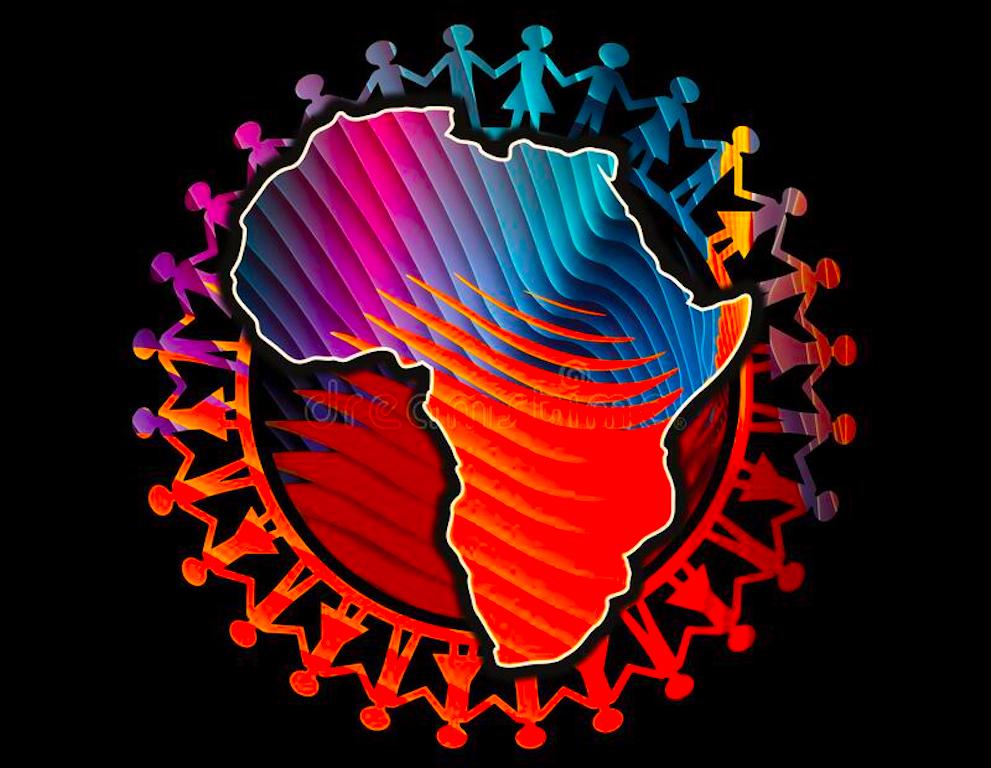As the cries for African liberation echo louder across the continent, a raw and unfiltered truth is beginning to pierce through the political noise the greatest threat to Africa’s future may no longer lie in the grasp of former colonial powers, but in the silent betrayal by its own leaders.
Across capitals from Dakar to Nairobi, there is growing discontent not just with poverty, misgovernance, and foreign interference but with the painful realization that the real chains shackling Africa’s progress are forged from within.
For decades, the Pan-African dream has been romanticized in speeches and summits, yet little has materialized in practice. The mother continent remains weighed down by fragmented leadership, divided loyalties, and a political elite more eager to protect foreign interests than the dignity of their own people.
“It’s time for the Pan-African movement to take shape not as a slogan, but as a revolution,” said one activist in Accra. “We can no longer blame only the West. Their hands are dirty, yes, but our leaders gave them the soap.”
The betrayal stings deeper when the continent’s wealth from oil fields in Nigeria to gold mines in South Africa continues to benefit a handful of elites and foreign corporations, while hospitals lack basic supplies, and youth unemployment reaches catastrophic levels. Independence, in many nations, has simply replaced white colonizers with black custodians of a broken system.
For Africa to rise, analysts say the battle must first be fought in the mind a rethinking of values, purpose, and identity. The future will not be salvaged through foreign aid or diplomatic handouts. It must be built by Africans who are willing to confront the rot within their own ranks, to rewrite the narrative not as victims but as visionaries.
This reckoning is not comfortable but it is necessary.
As the 21st century surges forward, a new generation stands at the crossroads of history. The question now is no longer if Africa can rise, but when it will stop lying to itself and start calling out the true enemies not just in Western boardrooms, but in African presidential palaces.
The time for symbolic unity has passed. The Pan-African movement must now become a force that reclaims the soul of a continent betrayed, not by strangers, but by its very own.


